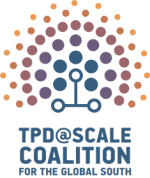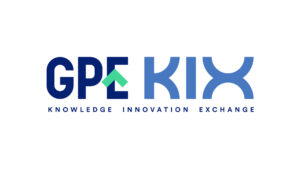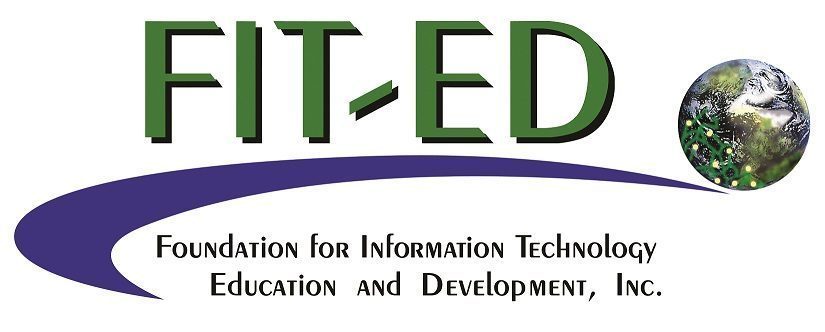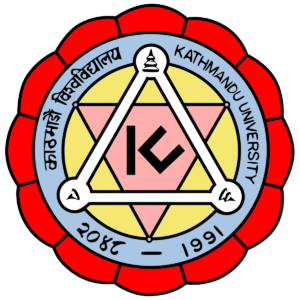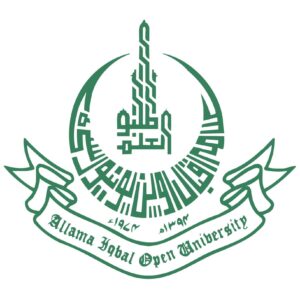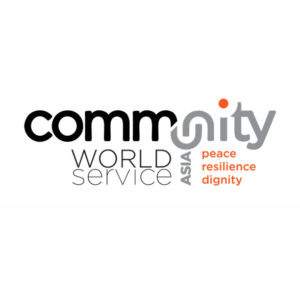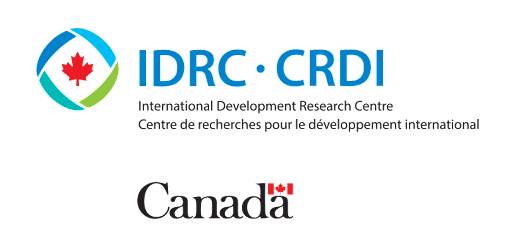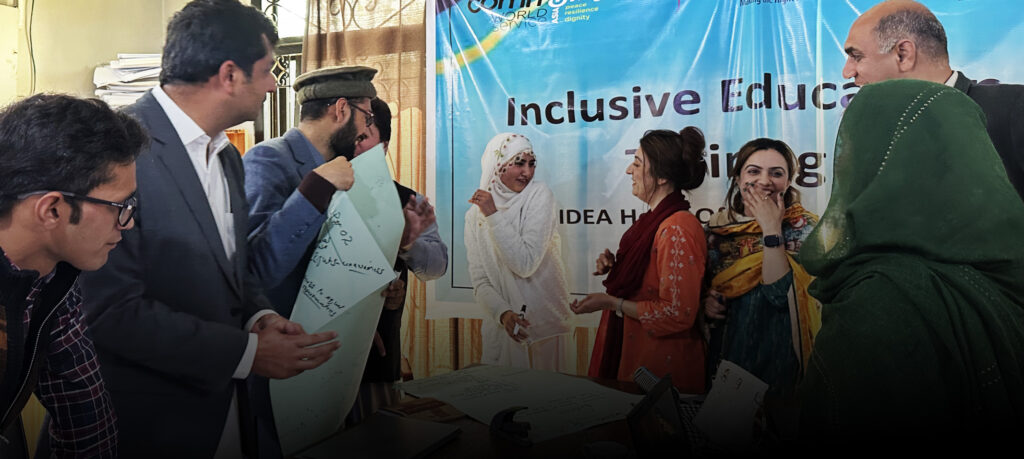
Project Overview
Many children and young people are often excluded from quality education even when equity and inclusion are education policy priorities.
This research looks into how a Network Improvement Community (NIC) approach can be adapted and deployed at scale in schools in Nepal, Pakistan and refugee camps for Afghans s to develop the capabilities of school leaders in
Identifying issues of equity and inclusion in their institution
Enacting data-driven solutions cycles of improvement to improve access and learning of girls, children with disabilities (CWD) and other marginalized learners
The research study used mixed methods o understand the drivers and constraints to nurturing social connections and trust in the NICs and mechanisms for initiating and sustaining them in multiple contexts.
Nepal
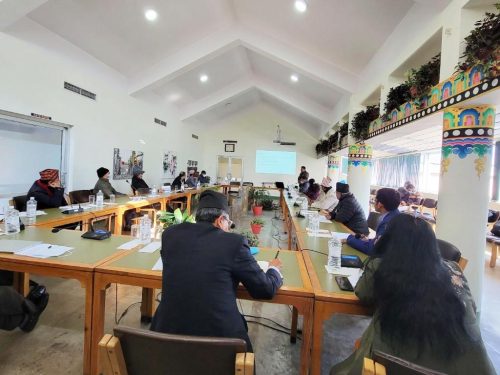
In Nepal, Kathmandu University leads the research project “Networked Improvement Communities for School Leaders Towards Equity and Inclusion” where 35 school leaders from Sindhuli and Bardibas participate in the NIC@Scale pilot to contribute to addressing the gap between policies and practice with regard to inclusive education.
Pakistan
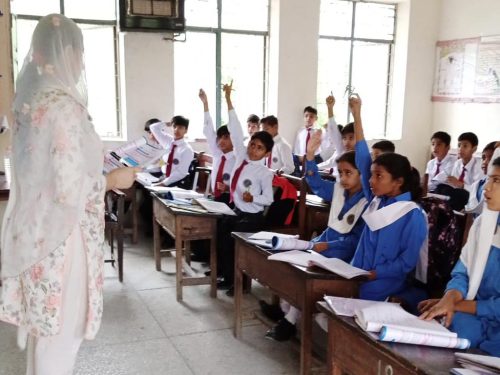
Allama Iqbal Open University is leading research in the “Networked Improvement Communities for School Leaders Towards Equity and Inclusion” project in Pakistan, working with small groups of school leaders in two provinces. The project utilizes an innovative approach with school leaders to explore changes in school practices to address inequalities in student access and learning. It builds on the value of ‘bottom up’ change characterized by decentralized and participatory structures.
Afghanistan
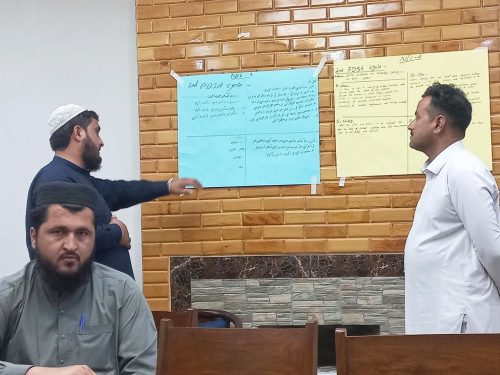
Canadian Women for Women in Afghanistan (CW4WAfghan) together with Community World Service Asia (CWSA), a Pakistani NGO, is implementing the KIX-Asia “Networked Improvement Communities for School Leaders towards Equity and Inclusion” research project in UNHCR camps for Afghan refugees in Peshawar, northern Pakistan. Over 800,000 Afghans have fled to this part of Pakistan since the Taliban takeover.
Project Outputs
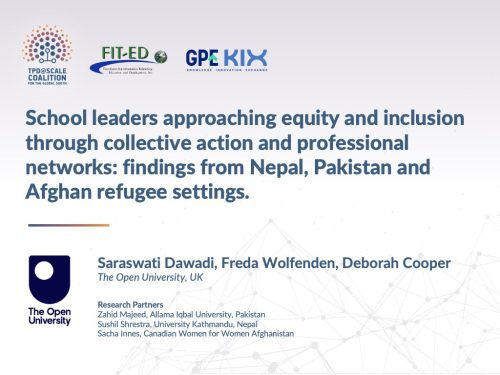
Presentation at the CIES 2024
At the CIES 2024, Wolfenden, Dawadi, & Cooper presented how GPE-KIX NICs for Equity and Inclusion in Nepal, Pakistan and Afghanistan empowered school leaders to approach equity and inclusion. Download the presentation here.
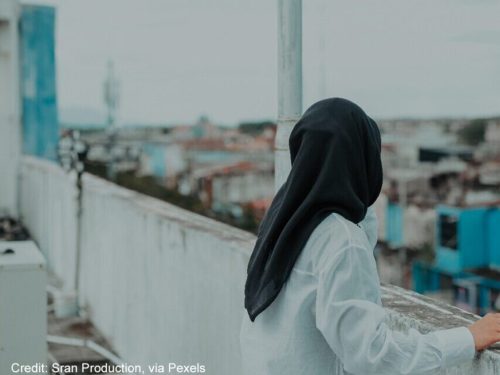
Blog: Thinking Again About Agency For Inclusion: Analysing Leadership Data Through Local And Global Perspectives
Istanbul, where East meets West, was the hub where our global research team came together in 2023 at last, after two years of remote work on scalable approaches to inclusion. The focus of the workshop was a deep dive into data analysis on the GPE KIX Empowering school leaders as local change agents for equity and inclusion project 2021-2024.
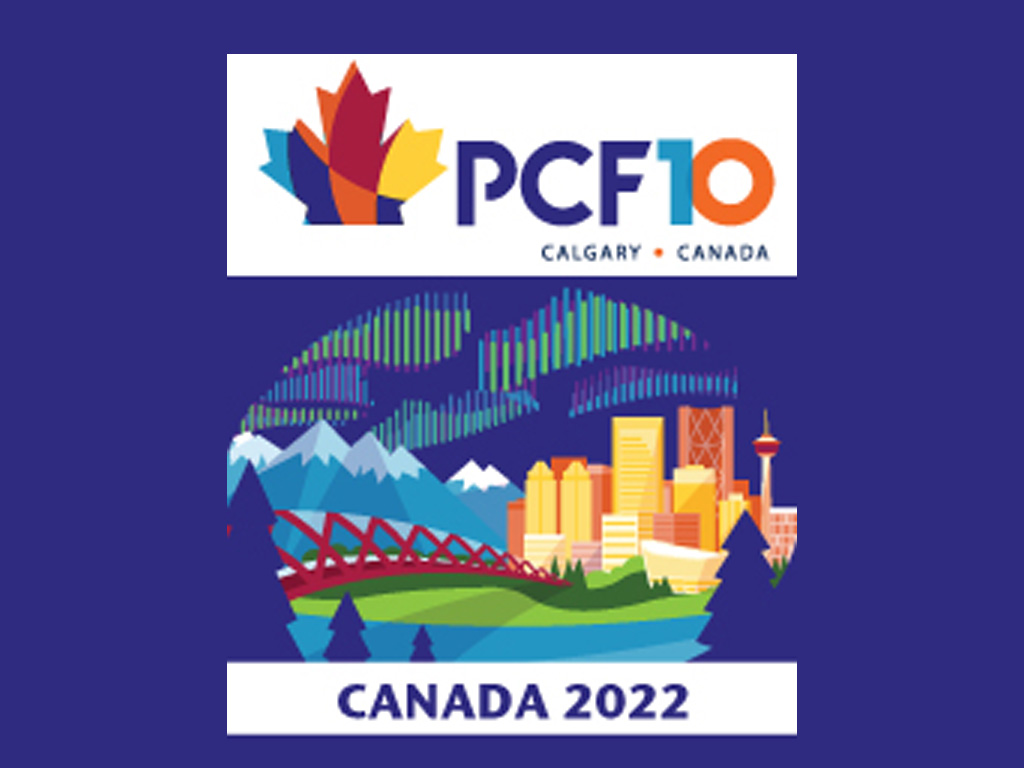
Promoting Inclusion at Scale with School Leader Network Communities Supported by Open Resources: Researching Participant Needs and Priorities
School Leaders’ role in promoting change for equity and inclusion in their schools and communities as pedagogical leaders is underutilised in many contexts. Although leaders may not see themselves as having agency or responsibility for inclusion there…
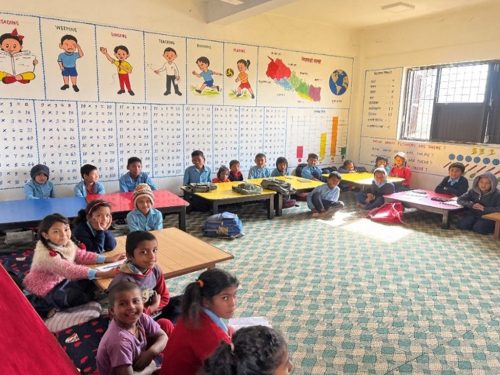
Blog: Capacity building of school leaders on equity and inclusion in developing countries
Equity and inclusion in education are policy priorities in most countries. However, there are often discrepancies between the governments’ policies on combating/managing educational inequality and marginalisation, and their implementation.
Implementing Organizations

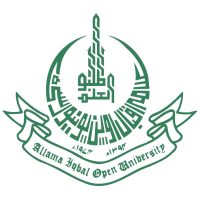
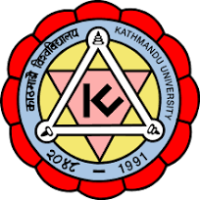

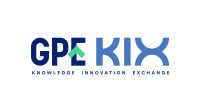
Global Research Team
Project Lead/Co-Principal Investigator
The Open University, UK
Research Associate
The Open University, UK
Co-Principal Investigator
The Open University, UK
Elena Noacco
Monitoring, Evaluation and Learning (MEL) Officer
